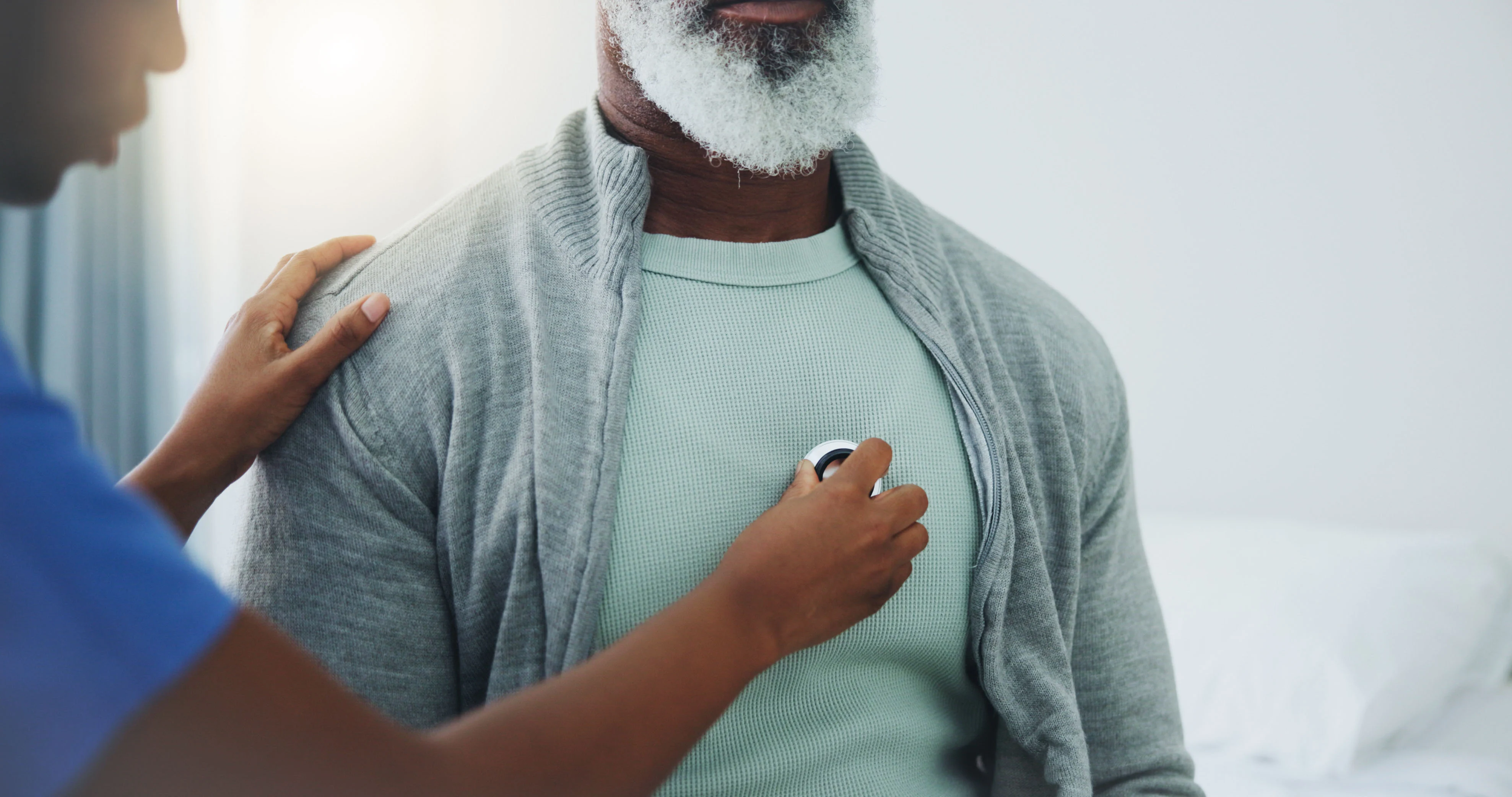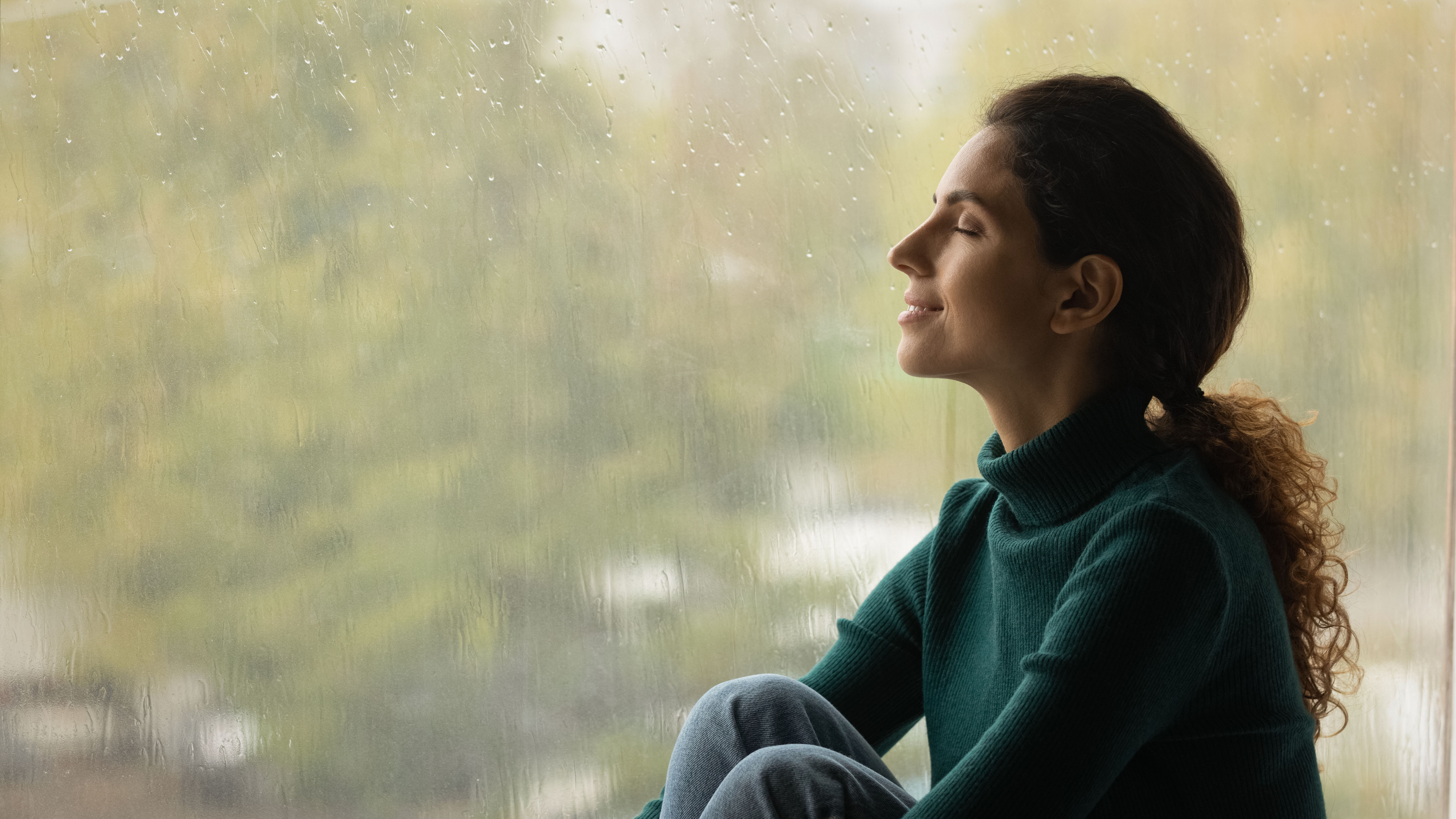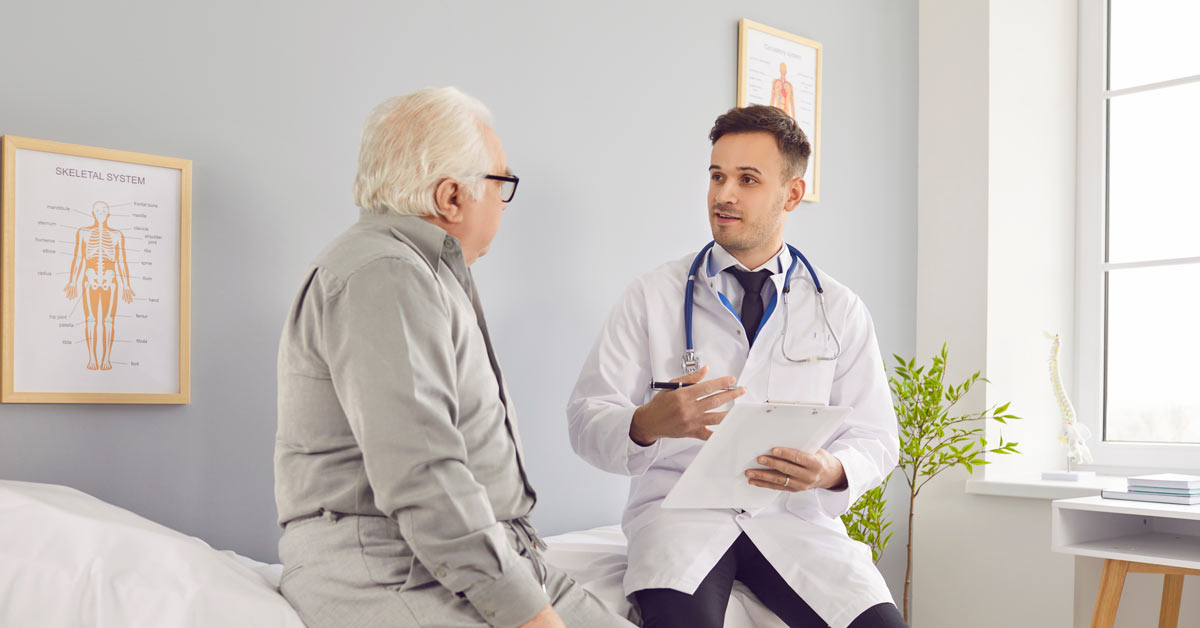Research Reveals a Strong Correlation Between Mental Health and Sleep
For people with sleep disorders such as sleep apnea, getting a restful sleep night after night is truly challenging and can affect mental and emotional health. In fact, poor sleep has links to depression, anxiety, and other mental health disorders.
But just as sleep affects your mental health, mental health disorders may make it harder for you to get the sleep you need. Research reveals the following:
- Sleep disorders are more common among people with mental health issues.
- Insufficient sleep can worsen mental illness and make it harder to deal with mental health symptoms.
Says Robert Miller, the Apria Healthcare Vice President of Sleep Business,
“Healthcare professionals know that sleep and mental health are intertwined—and that improving sleep can have a positive impact on mental health, and vice versa.”
Understanding the Relationship Between Sleep and Mental Health
Our body sleeps to restore itself.
Our sleep cycle is divided into 4 stages. The first 3 are known as non-rapid eye movement (non-REM or NREM) sleep, and the fourth is REM sleep (rapid eye movement, where your eyes dart around as you sleep).
REM sleep plays a critical role in many aspects of your health:
Increases your brain activity: Your brain activity fluctuates during the different sleep stages, slowing during NREM sleep and increasing during REM sleep. That’s why intense dreams occur during the REM stage. Dreams may help your brain organize and consolidate memories.
Regulates your mood: REM sleep helps regulate your mood and improve your ability to concentrate. Both enhance your quality of life—at home and at work. Dreams may also play a role in processing your emotions.
Improves your memory: During REM, your brain helps you process and remember new skills and learnings you acquired during the day.
Keeps you alert: REM sleep activates your central nervous system, which can help you wake up refreshed and ready for the day.
People with mental health disorders often spend more time in the less restorative NREM sleep than REM sleep. Apria’s Robert Miller states, “This can profoundly affect emotional and mental health.”
Sleep and Depression
Almost 20 million Americans and 280 million people worldwide suffer from depression, a mood disorder marked by feelings of hopelessness, emptiness, and sadness. Other symptoms may include fatigue, loss of appetite, irritability, and thoughts of death and suicide.
Research reveals that poor sleep can cause or make depression worse. Likewise, depression can cause problems with sleeping—which then worsens depression. People with depression have a harder time falling asleep and staying asleep. They may feel sleepy during the day even if they get a good night’s sleep (a condition called hypersomnia).
If untreated, depression can have physical, emotional, and mental health effects. But effective treatments are available, including medications, therapy—and sleeping better.
Sleep and Seasonal Affective Disorder
Seasonal affective disorder (SAD) is a type of depression that usually affects people when there is less sunlight during certain times of the year (typically the fall and winter in northern climates).
SAD affects people’s internal biological clock (their circadian rhythm) that helps control such bodily functions as sleep. People with this type of disorder tend to sleep too much or too little.
Sleep and Anxiety Disorders
Anxiety disorders are the most common mental illness in the US. More than 40 million American adults have an anxiety disorder, such as panic attacks, obsessive-compulsive disorder (OCD), or post-traumatic stress disorder (PTSD).
These disorders create fear and worry. They can disrupt lives and sleep by causing people’s minds to race and have nightmares.
Studies also reveal that poor sleep can activate anxiety in people who are already at risk for it.
Mental Effects of Sleep Apnea
We often focus on the physical effects of untreated sleep apnea, which can lead to such serious health conditions as high blood pressure, diabetes, heart attack, stroke, and obesity.
But people with sleep apnea also have an increased risk of experiencing mental health disorders, including depression, anxiety, and psychological distress, which is linked to suicide.
Likewise, people diagnosed with mental health disorders such as major depressive disorder (MDD) and post-traumatic stress disorder (PTSD) have an increased risk of sleep apnea.
How to Improve Your Mental Health and Sleep
Talk to your doctor
If you are feeling anxious or depressed—or have any other mental health issues—it’s important that you receive appropriate care. Be sure to speak with your doctor. Robert Miller adds, “Your doctor can also recommend potential solutions to help improve your sleep, such as CPAP (continuous positive airway pressure) therapy and better sleep habits.”
Start or continue with CPAP therapy if you have sleep apnea
CPAP is an effective, proven treatment for sleep apnea. It involves wearing a mask that fits comfortably over your nose or mouth while you sleep. The mask is connected to a machine by your bed that provides a constant, quiet flow of air to keep your airways open so you can breathe—and sleep—normally.
Improve your sleep hygiene
Sleep hygiene involves developing a daily and nightly routine that helps you get consistent, uninterrupted, truly restful sleep—night after night after night. Everyone can tailor their sleep hygiene practices according to their specific needs. Learn more now!
Improving your sleep hygiene can help you get a better night’s sleep. And that can help your mental health!

.png)



